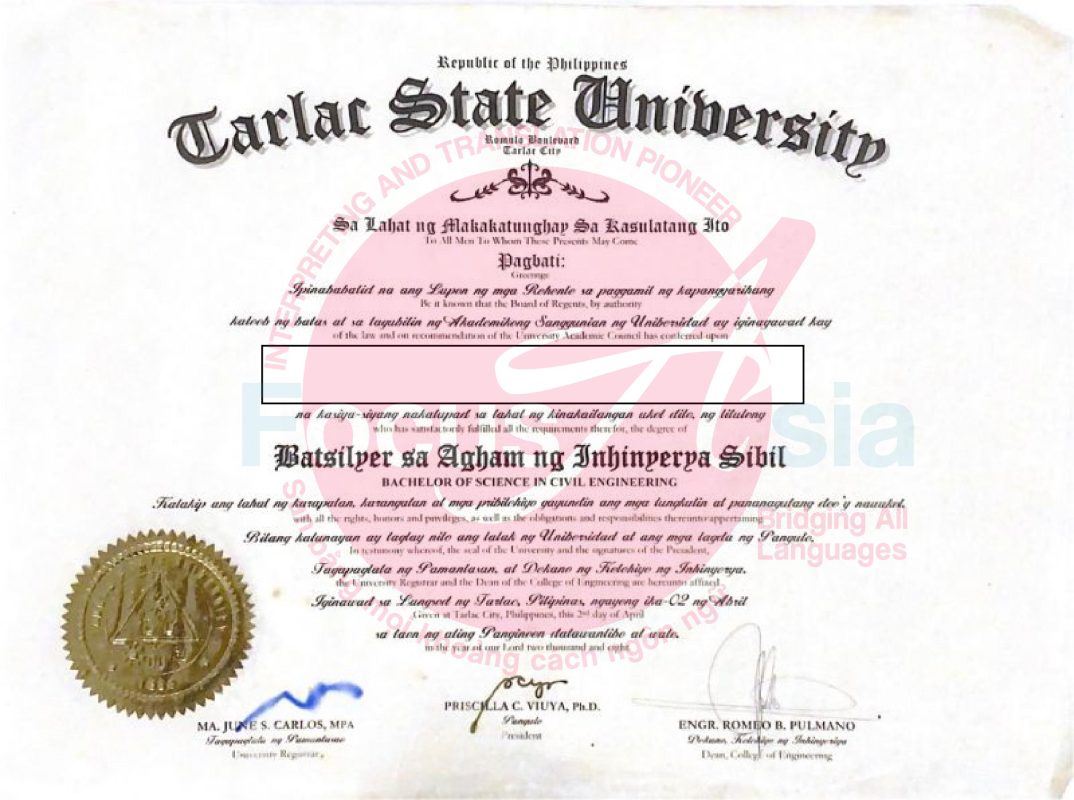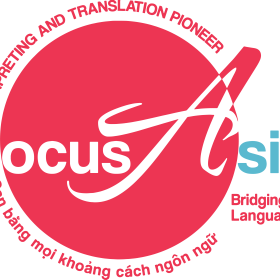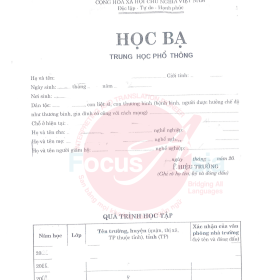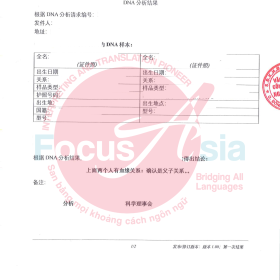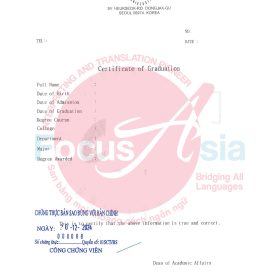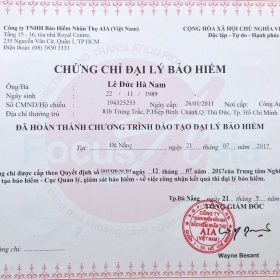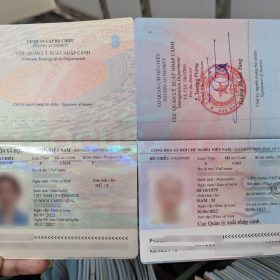Translate and Notarize Philippines Diploma with Focus Asia Interpretation and Translation
In a globalized world where educational and professional opportunities often cross borders, ensuring that your Philippines diploma is properly translated and notarized is essential. Whether you are pursuing further studies, seeking employment abroad, or needing to validate your credentials for professional licensing, having a certified translation and notarization of your diploma can facilitate a smoother process. Focus Asia Interpretation and Translation offers expert services to meet these needs, ensuring that your diploma is accurately represented and legally recognized internationally.
1. Why Translate and Notarize a Philippines Diploma?
A Philippines diploma represents your academic achievements and qualifications. Here’s why it’s important to have it translated and notarized:
– Higher Education Applications: Many international universities and colleges require diplomas to be translated and notarized to evaluate your educational background accurately.
– Employment Opportunities: Employers in foreign countries often request translated and notarized diplomas to verify your academic credentials and ensure they meet local standards.
– Professional Licensing and Certification: Certain professions may require proof of education through translated and notarized diplomas for licensing or certification processes.
– Immigration and Visa Applications: For visa or residency applications, a translated and notarized diploma may be needed to support your educational qualifications.

2. The Process of Translating and Notarizing a Philippines Diploma at Focus Asia
At Focus Asia Interpretation and Translation, we follow a comprehensive process to ensure your diploma is translated and notarized with precision:
– Step 1: Document Submission: Submit a clear and legible copy of your Philippines diploma to us. This can be done digitally or in physical form, depending on your preference.
– Step 2: Professional Translation: Our team of certified translators, experienced in academic and legal documents, will translate your diploma into the required language with utmost accuracy and attention to detail.
– Step 3: Notarization: After the translation is complete, the document is notarized to authenticate the translation and affirm its accuracy and legality.
– Step 4: Delivery: We ensure the translated and notarized diploma is promptly delivered to you, ready for use in your academic, professional, or immigration activities.
3. Why Choose Focus Asia for Translating and Notarizing Your Diploma?
Focus Asia Interpretation and Translation is renowned for its reliable and efficient services:
– Expert Translators: Our translators are specialized in academic and legal terminology, ensuring precise and contextually accurate translations of your diploma.
– Legal Compliance: We adhere to legal standards and requirements of both the Philippines and the destination country to ensure that your diploma is accepted globally.
– Fast and Efficient Service: We understand the time-sensitive nature of academic and professional applications, and we provide quick turnaround times without compromising on quality.
– Comprehensive Service: From translation to notarization, we handle every aspect of the process, providing a seamless experience for our clients.
– Competitive Pricing: Our services are offered at competitive rates, making high-quality translation and notarization accessible and affordable.

4. Who Needs to Translate and Notarize a Philippines Diploma?
Various individuals and organizations may require these services:
– Students: Applying for international higher education programs or transferring to universities abroad often requires a translated and notarized diploma.
– Job Seekers: For job applications in foreign countries, employers may need translated and notarized diplomas to verify educational qualifications.
– Immigrants: Those applying for visas or residency permits may need to provide translated and notarized diplomas to support their educational background.
– Professional Bodies: Licensing and certification agencies may require a translated and notarized diploma to confirm educational credentials.
5. The Importance of Notarizing a Translated Diploma
Notarization is a crucial step in validating the translation of your diploma:
– Legal Validation: Notarization confirms the accuracy of the translation and ensures that the document is legally valid.
– Official Acceptance: Many institutions and authorities require notarized translations to verify authenticity and prevent fraud.
– Avoiding Issues: A notarized diploma helps prevent potential delays or complications in your academic, professional, or immigration processes.
6. Common Use Cases for Translated and Notarized Diplomas
– University Admissions: Many universities require official diplomas to be translated and notarized for admissions and credit evaluations.
– Employment Verification: Employers may need translated and notarized diplomas to validate educational qualifications for hiring purposes.
– Visa and Immigration: Immigration applications often require translated and notarized diplomas as part of the documentation process.
– Professional Certification: Certain professional certifications and licensing processes require verification of educational credentials through notarized translations.
Accurate translation and notarization of your Philippines diploma are essential for ensuring its acceptance and legality in international contexts. With Focus Asia Interpretation and Translation, you can trust that your diploma will be handled with professionalism and precision.
Contact Focus Asia today for expert translation and notarization services for your academic diploma and ensure your educational credentials are recognized worldwide!









